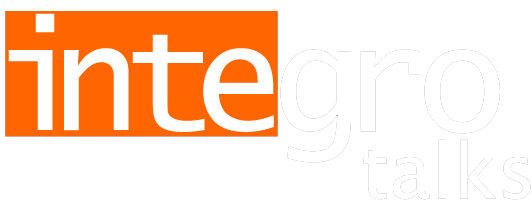In the landscape of global financial compliance, Panama’s challenges with international assessments by the Financial Action Task Force (FATF) in recent years is an interesting case study for businesses to consider when tackling globally-accepted standards. FATF, the intergovernmental body that spearheads global efforts to reduce the illicit flow of funds, pressed Panama in 2014 and again in 2019 to improve its legal and regulatory frameworks in an effort to make the country more transparent and align it with trends in international commerce and finance.
Panama’s proactive stance in addressing AML/CFT concerns is exemplified by its swift response to issues highlighted by FATF and lays out lessons for the industry to take note.
Elevating Oversight and Accountability Through Regulatory Inspections
Panama’s regulatory authorities implemented robust inspection regimes to ensure strict adherence to AML/CFT standards. These inspections serve as a vital tool for identifying and rectifying compliance deficiencies within institutions. Strengthening inspection protocols and enhancing their frequency underscore Panama’s commitment to proactive risk management.
“Regulatory inspections serve as the bedrock of transparency and accountability within financial institutions,” said Raul Guizado of Banco General in a recent episode of the Integro Talks podcast. Guizado underscored the pivotal role of these inspections in upholding the integrity and trustworthiness of the financial system. By subjecting institutions to regular scrutiny, effective regulatory inspections not only uncover existing compliance gaps but also instill a culture of responsibility, where institutions are held accountable for deficiencies in complying with regulatory expectations. “They serve as a driving force for enhancing compliance mechanisms and mitigating emerging risks,” added Guizado, who also serves as President of the Board of Directors of the Panama Bankers Association.
Through the implementation of efficient and transparent mechanisms, Panama aims to deter illicit financial activities and safeguard the integrity of its financial ecosystem.
Enhancing Transparency and Due Diligence with Ultimate Beneficial Owner Information Requirements
Panama’s efforts to bolster an openness to improving its collecting and reporting of ultimate beneficial ownership (UBO) requirements underscored its dedication to transparency and due diligence. By enhancing the accuracy and accessibility of UBO data, Panama empowered both the financial and nonfinancial sectors to conduct more effective risk assessments and due diligence processes.
Key Takeaways For Global Businesses
Panama’s track towards fortifying its AML/CFT measures offers invaluable insights for businesses operating worldwide:
- Embrace Proactive Compliance: Prioritize proactive risk management and regulatory compliance to preemptively address potential vulnerabilities to financial crimes and a rapidly changing sanctions environment. Implement robust systems and protocols to identify and mitigate risks proactively.
- Foster a Culture of Transparency and Accountability: Cultivate a culture where compliance standards are ingrained at every level of the organization, fostering transparency and accountability from the boardroom to the frontline.
- Champion Continuous Improvement: Embrace a culture of continuous improvement and staying apprised of trending risks by regularly evaluating and refining compliance frameworks to adapt swiftly to evolving regulatory landscapes and industry best practices.
- Promote Collaboration and Information Sharing: Foster collaboration and information exchange internally and externally to enhance collective efforts in combating financial crime effectively.
In conclusion, Panama’s strides in strengthening its AML/CFT measures emphasize the paramount importance of proactive risk management and regulatory compliance in safeguarding the global financial system’s integrity. By internalizing and implementing these key insights, organizations can look to this case study to advance steps towards fortifying compliance frameworks and enhancing their resilience against emerging threats.










0 Comments